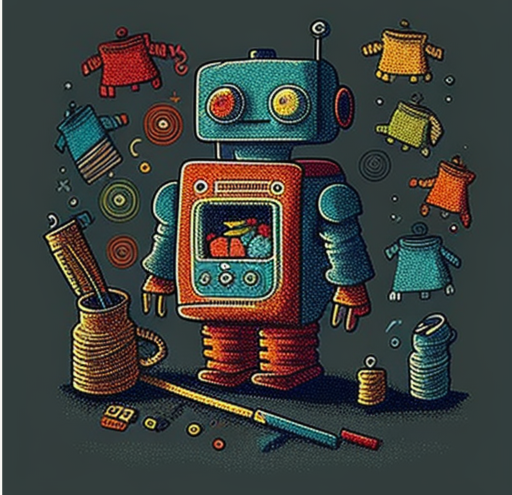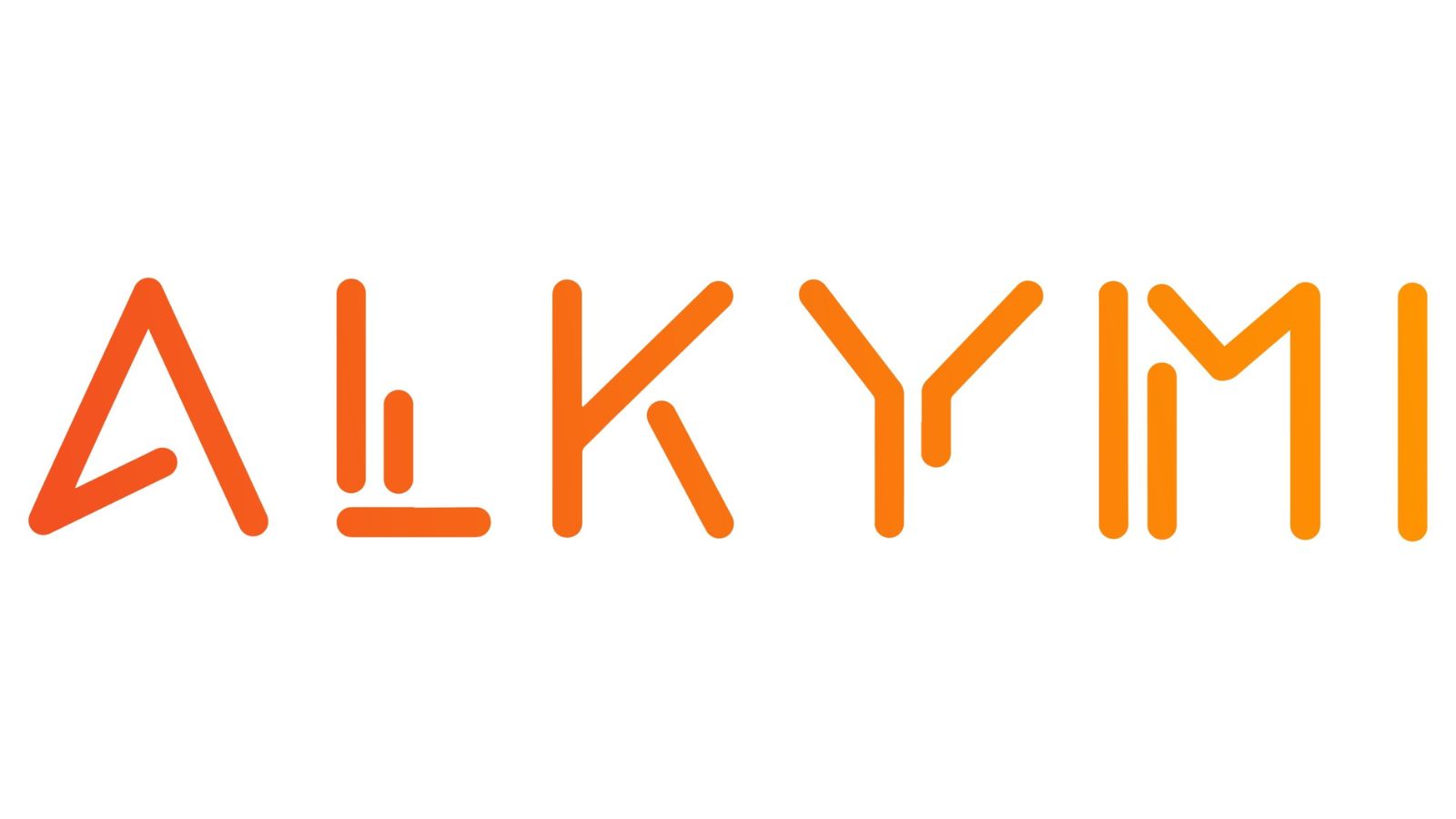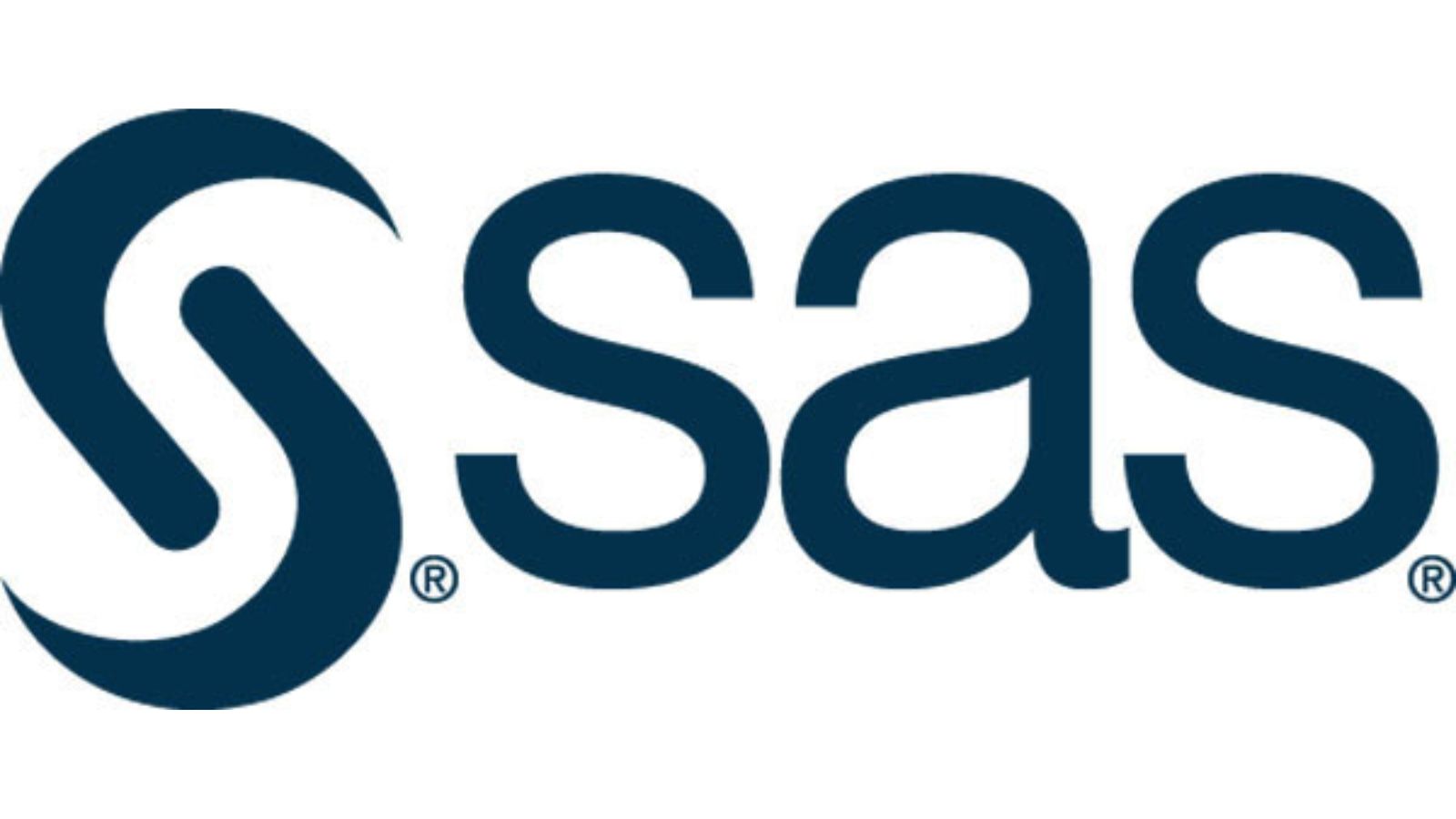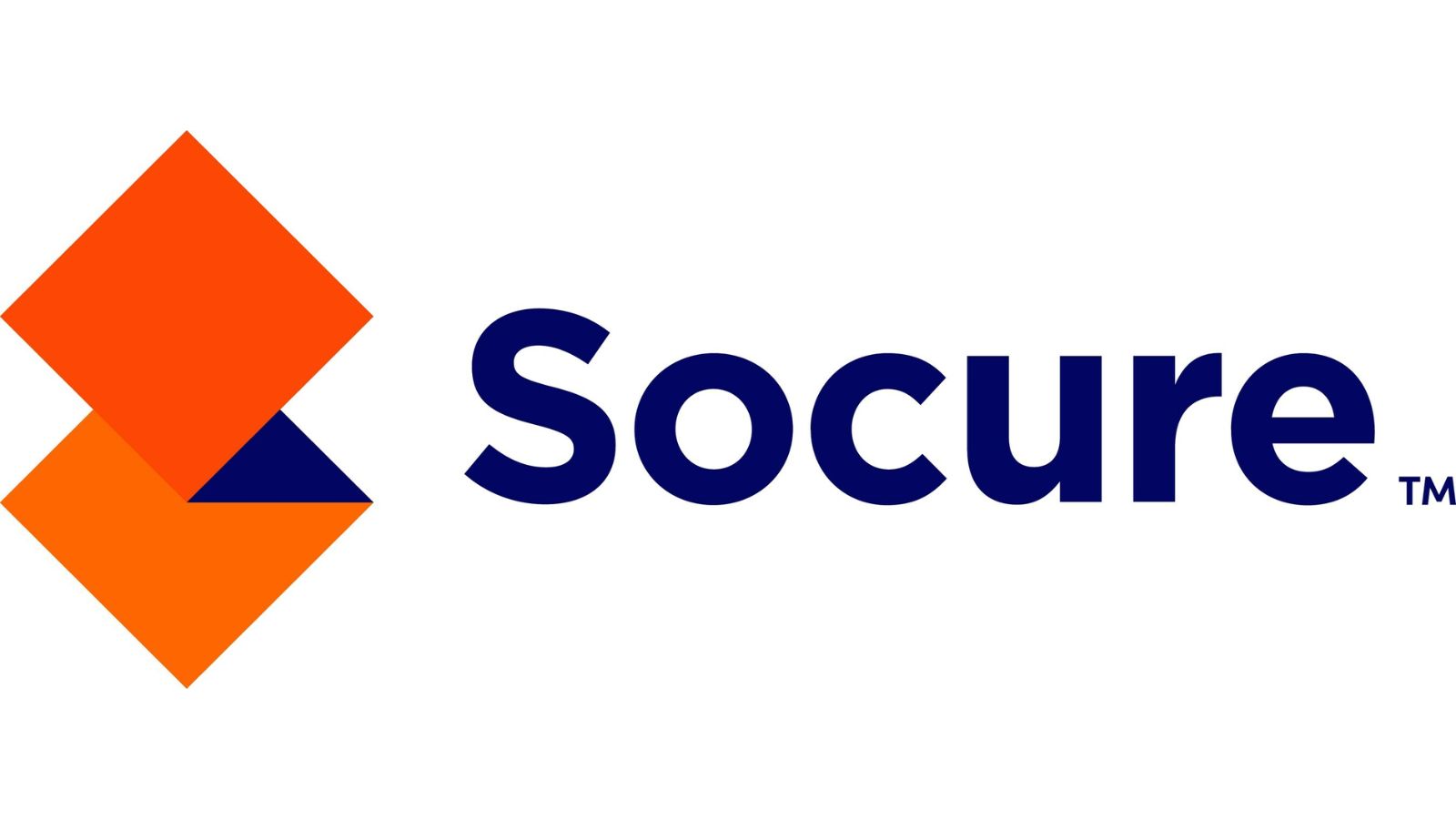Robotic prosthetic arms represent a diverse array of types, each tailored to specific goals and needs. The crux of their operation lies in their connection to the human brain’s neural activity. Utilizing an intricate network of electrodes, these prosthetics intercept minute electrical signals generated when a patient thinks about moving their limb. These signals serve as the blueprint for the robotic arm’s movements, making the actions feel astonishingly natural. Such a symbiotic relationship between technology and the human body holds the potential to reshape lives, unlocking new possibilities for those previously limited by physical constraints.
A Glimpse into the Future: The Growing Robotics Market
The world of robotics is on an unprecedented trajectory, with forecasts indicating remarkable growth. According to the latest research, the robotics market is projected to reach an astounding US$ 42.29 billion in terms of robot machines and an impressive US $ 138.03 billion in terms of robot systems by the year 2026. These staggering predictions underscore the burgeoning demand for robotics development and its various applications, including the advancement of robotic prosthetic arms. As these technologies continue to evolve, the horizon expands with opportunities that were once deemed futuristic.
Pioneering the Future: Top 10 Startup Companies in Robotic Prosthetic Arms
1. Sarcos Robotics: Redefining Human-Robot Collaboration
At the forefront of this revolution is Sarcos Robotics, an industry leader headquartered in the USA. This innovative company specializes in designing and deploying highly mobile robots that combine human intelligence with robotic strength. With a focus on wearable and teleoperated industrial robotics, Sarcos aims to enhance safety, productivity, and possibilities. Their groundbreaking work has garnered funding of approximately US$ 96.1 million, testament to their commitment to shaping the future of human-robot interaction.
2. Ekso Bionics: Elevating Human Potential
Headquartered in the USA, Ekso Bionics has made its mark as a pioneer in the realm of robotic exoskeletons. Their repertoire includes wearable robots designed to augment human strength, endurance, and mobility. These innovations cater to civilian, military, and medical applications, showcasing the versatility and impact of their creations. With funding reaching around US$ 70.8 million, Ekso Bionics continues to drive the boundaries of what’s achievable.
3. ReWalk Robotics: Empowering Limb Disabilities
Dedicated to addressing lower limb disabilities, ReWalk Robotics stands as a medical device company with transformative solutions. Their powered systems offer gait training and mobility assistance, driven by a backpack battery and controlled through a user-friendly wrist-mounted remote. The company’s funding, amounting to nearly US$ 57.4 million, underscores the vital role they play in enhancing the lives of individuals with mobility challenges.
4. Synchron: Forging Connections Between Mind and Machine
Hailing from Australia, Synchron is a pioneering brain-computer interface platform company. Their focus revolves around implantable neural interface technology, specifically the development of endovascular minimally invasive neuroprostheses. These innovations hold the promise of treating paralysis by delivering brain signals through a catheter to control advanced prosthetics. With funding totaling around US$ 50 million, Synchron is advancing the frontiers of mind-controlled technology.
5. Xilloc Medical: Tailoring Solutions for Reconstruction
Based in the Netherlands, Xilloc Medical has carved a niche by designing patient-specific medical devices and surgical guides for bone reconstruction. Their unique fixation and suture system ensure precision and efficacy in rebuilding parts of the human skeleton. By providing personalized implants, Xilloc Medical underscores the importance of customization in medical technology.
6. Mobius Bionics: Bridging the Gap with LUKE Arm
In the USA, Mobius Bionics shines as a medical device company dedicated to advanced prosthetic technologies. Their masterpiece, the LUKE arm, targets upper-limb amputees, a result of years of research-driven development. This innovation not only demonstrates technical prowess but also a commitment to improving the lives of individuals through thoughtful design.
7. Marsi Bionics: Innovating Rehabilitation and Mobility
With a headquarters in Spain, Marsi Bionics stands as a beacon of hope for those bound to wheelchairs. The company’s self-adaptive gait exoskeletons and robotic orthoses cater to clinical rehabilitation and mobility assistance. By focusing on innovative therapies, Marsi Bionics is revolutionizing the healthcare sector with solutions that grant the gift of walking.
8. Cyberdyne Inc: Weaving Robots into Human Welfare
From Japan, Cyberdyne Inc. emerges as a firm with a visionary purpose: to harness the power of Robot Suit HAL for the betterment of humanity. Their pursuits span medicine, caregiving, and welfare, positioning them as a bridge between technology and human well-being.
9. SuitX: Where Exoskeletons Meet Accessibility
Headquartered in the USA, SuitX brings accessible exoskeletons to both industrial and medical realms. With industry and government funding, the company champions the development of advanced exoskeleton technology, transcending barriers and expanding opportunities.
10. Open Bionics: Crafting Affordable Bionic Solutions
Hailing from the UK, Open Bionics takes strides in creating 3D-printed bionic hands for amputees. With a commitment to affordability and open-source solutions, the company embraces innovation while making essential advancements accessible to all.









Leave a Reply